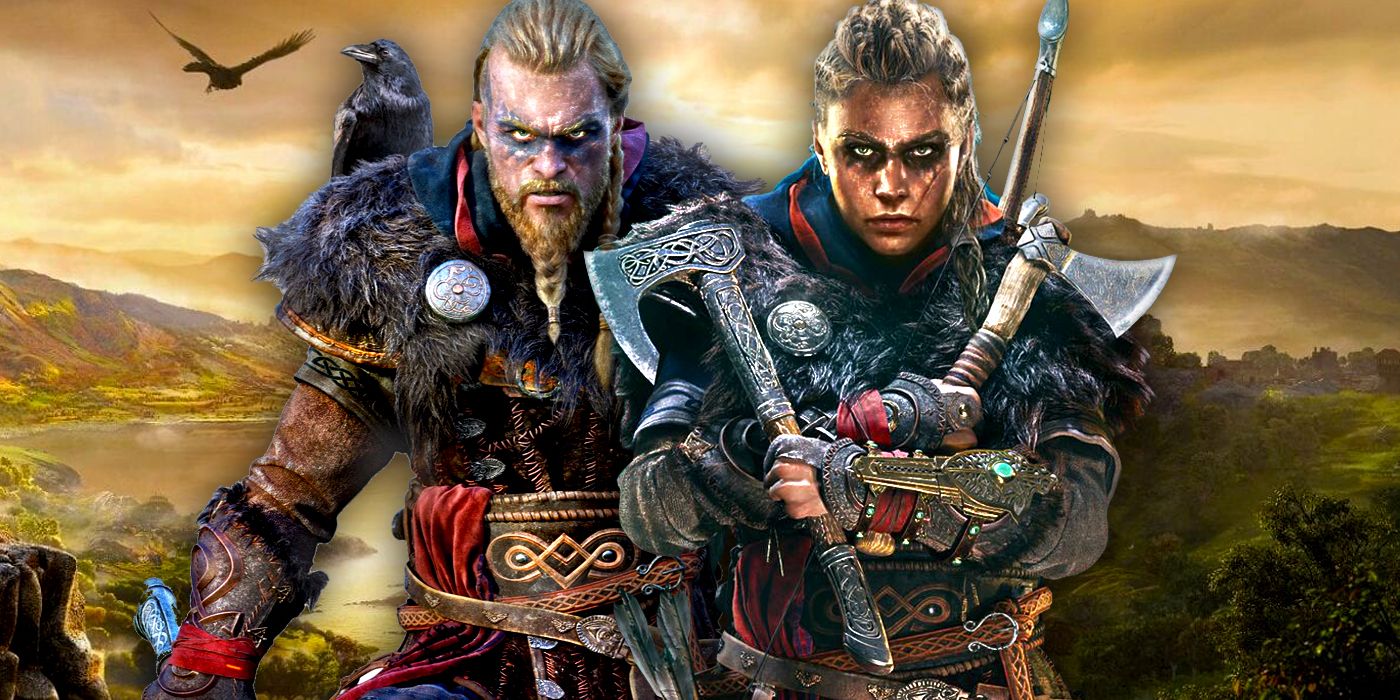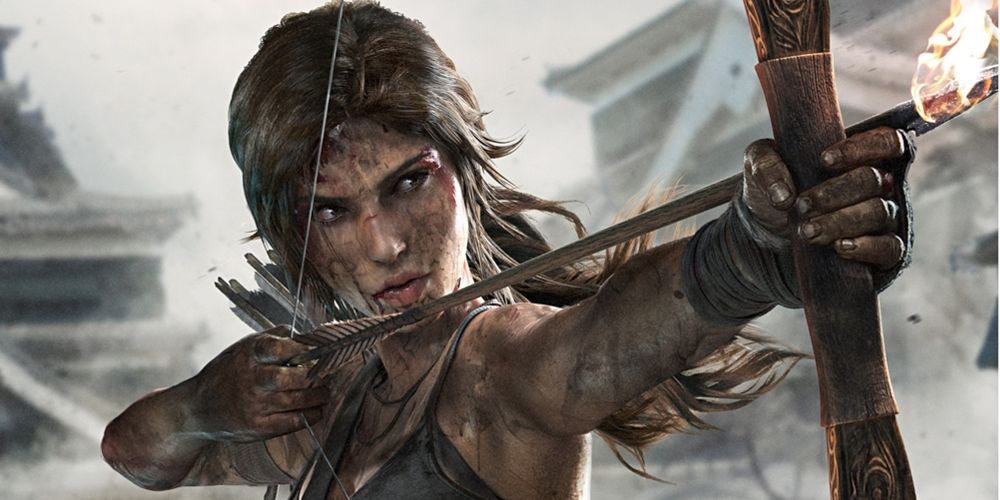The next entry in the Assassin's Creed saga has finally been confirmed. Officially titled Mirage, the 2023 release will follow Basim, first introduced in 2021's AC Valhalla, as he rises from his origins as a humble street thief to become a full-fledged assassin operating in ninth-century Baghdad, around 300 years before the time of Altaïr and the events of the very first game.
Mirage promises to return the Assassin's Creed franchise to its roots, ditching the RPG elements and format that have become the template for the series since Origins debuted in 2017. It will instead return the action to a single location with an emphasis again on stealth, espionage, and, of course, assassination. Details are still relatively thin on the ground at this stage, but one of the more substantial and reliable online leaks stated with some confidence that a significant feature of recent AC games was set to be scrapped: AC Mirage will do away with gender choice, for now at least.
Although this seems to make some sense considering Ubisoft's plans to bring Mirage into line with the earlier AC titles, many fans can't help but feel a little dismayed that one of the most innovative and inclusive features in modern gaming has been left by the wayside, even if only for a single outing. Gender choice is a great way for developers to provide better representation in their games, a feature that has often been lacking in the male-dominated, uber-macho AAA action market. Assassin's Creed didn't get its first female protagonist until 2012's Liberation, and even then the game was developed more as a sort of standalone expansion rather than a fully fledged standalone.
Gender choice gives players an element of autonomy over their playing experience without having to sacrifice function or make narrative concessions to a generic or customized protagonist. This can often lead to better representation of more diverse sexualities, as romantic encounters that were once purely heterosexual can be diversified. This can be seen in both AC Odyssey, AC Valhalla, and Cyberpunk 2077. As is the case in Valhalla, players also have the opportunity to switch halfway through if they would prefer to experience the world through a different pair of eyes. As a mechanic conducive to open-world RPG titles, gender choice certainly makes a lot of sense.
Gender choice doesn't, of course, affect most games' gameplay yet, something that can be seen as a blessing or a curse depending on one's perspective. A lack of in-game feedback from one's gender selection does mean that players aren't hindered or aided by whichever choice they make, but it can render the process a little arbitrary if gameplay remains the same regardless of whether, for instance, Far Cry 6's Dani Rojas is made male or female.
What can be affected, however, is a game's tone and narrative, especially when it comes to interacting with other characters and shaping the experience of what are increasingly cinematic cutscenes. Despite her character functioning in exactly the same way from a practical and narrative standpoint, Odyssey's Kassandra is much preferred by fans over her male alternative Alexios, thanks to actor Melissanthi Mahut's dry charm and effortless charisma. By contrast, many Valhalla players have expressed affection for male Eivor as their preferred protagonist thanks to the mellifluous tang of Magnus Bruun Nielsen's soothing Nordic tones.
Though it may be hard to admit, sometimes the narrative and context demand that a character be male or female. Had the original Tomb Raider offered a choice between Lara Croft and, say, Larry Croft, many fans at the time may have selected the latter thanks to gaming's overwhelming skew at the time toward a male demographic of players. A game like Hellblade: Senua's Sacrifice, meanwhile, works because part of the central character's ostracization is likely motivated by male assumptions and prejudices about her psychosis. 2018's excellent platformer Celeste is another example, as it's a journey built upon the discovery of a person's self-identity.
Letting players choose their character's gender can occasionally threaten this integration into the narrative. It can result in a character that, while by no means generic, is somewhat compromised by having to be malleable across two distinct personalities. Because gender-selected protagonists must be all things to all players and function the same regardless of who plays them, there is always a risk that they become generic or compromised as a result. For narratives in which gender is central to a protagonist's identity, the idea of switching or removing that aspect of a character's identity is to remove a vital part of who they are and how they function in relation to the story itself.
Games providing a choice of gender very much depends on the narrative they wish to portray. The inclusion of more diverse gaming protagonists has only been an improvement on a once male-dominated landscape. However, the choice of male or female heroes must be justifiable in the same way that denying such a dichotomy must also have its necessary merits. Some games require a decision one way or the other, but others thrive on being able to provide options that reflect how a player wishes to experience the narrative as it unfolds. Fans will be expecting that Ubisoft can justify its decision to remove such a choice when Mirage drops in 2023.




